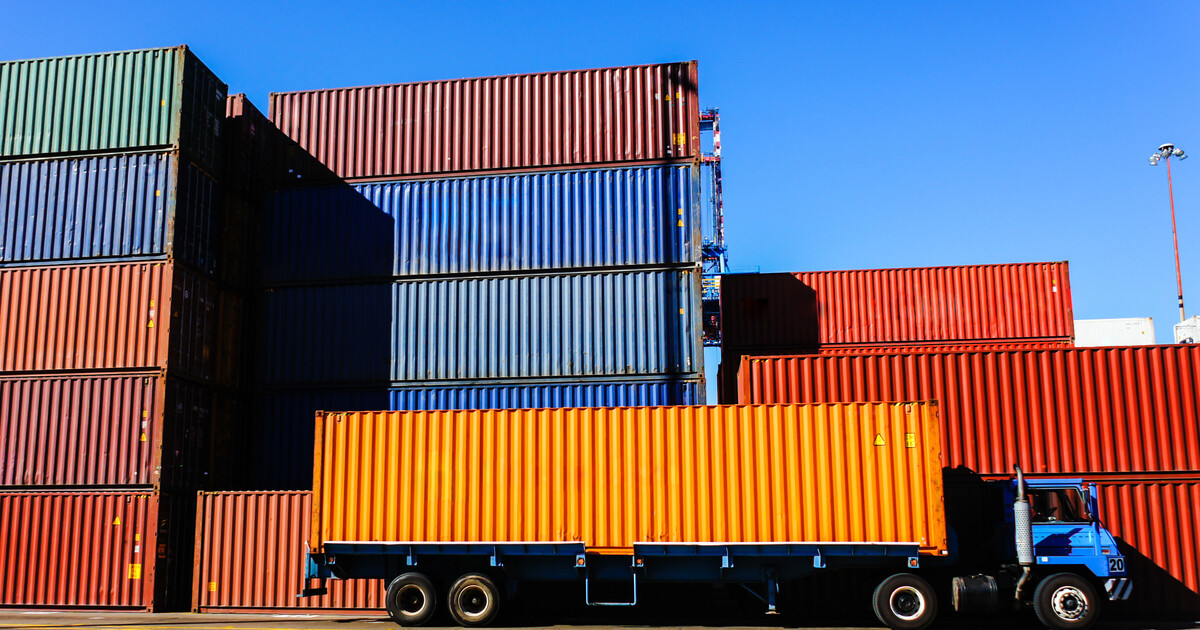The world is no longer the same after Corona, lockdowns, supply bottlenecks, inflation and the war in Ukraine. For exporting entrepreneurs, who were used to relatively smooth globalized business, this means much more uncertainty than before. Companies should keep an eye on the risks and consider whether and how they can protect themselves. Gudrun Meierschitz, board member of Acredia Versicherung AG, Austria’s largest credit insurance company, says: “Exports offer great opportunities, but there are also risks involved. It’s bad if you don’t think about it in the company.” Risk management means knowing the risks and then deciding: “Which ones do I want to take and which ones do I want to protect myself against?” And ultimately also: “Which ones do I have to bear because I can’t insure myself against it?” Some of the risks sound Kafkaesque. When asked where it is most risky for companies at the moment, Meierschitz refers to China, among others: “China is a huge, totally interesting market with attractive profit margins, but one should not forget that it is not a democracy.” that there is little legal certainty. For example, Meierschitz reports on an Austrian company that operated a plant in China. Suddenly the authorities informed them that the plant had to go immediately or that it would be bulldozed three weeks later: “You can’t do anything about that, because there are different legal framework conditions in China.” For companies that make 40 percent of their sales in China, for example, can it can quickly become existentially threatening – and especially when you think of the current geopolitical developments, unfortunately a lot of unpleasant things can be imagined here. Meierschitz: “You should be aware that you will often lose out in China.” There are hardly any international joint ventures there in which a Chinese company does not have the majority.
Payment obligation unclear
Meierschitz reports on the case of an Acredia customer who wanted to export to a Chinese company, but the payment was delayed. It was only after the lawyer got involved that it turned out that the Chinese company was not obligated to pay at all: “We found that the party obligated to pay was a completely different company, which the supplier would never have supplied on an open account because their creditworthiness was far too weak .” This does not have to be a scam, but often has to do with other international customs.
–


